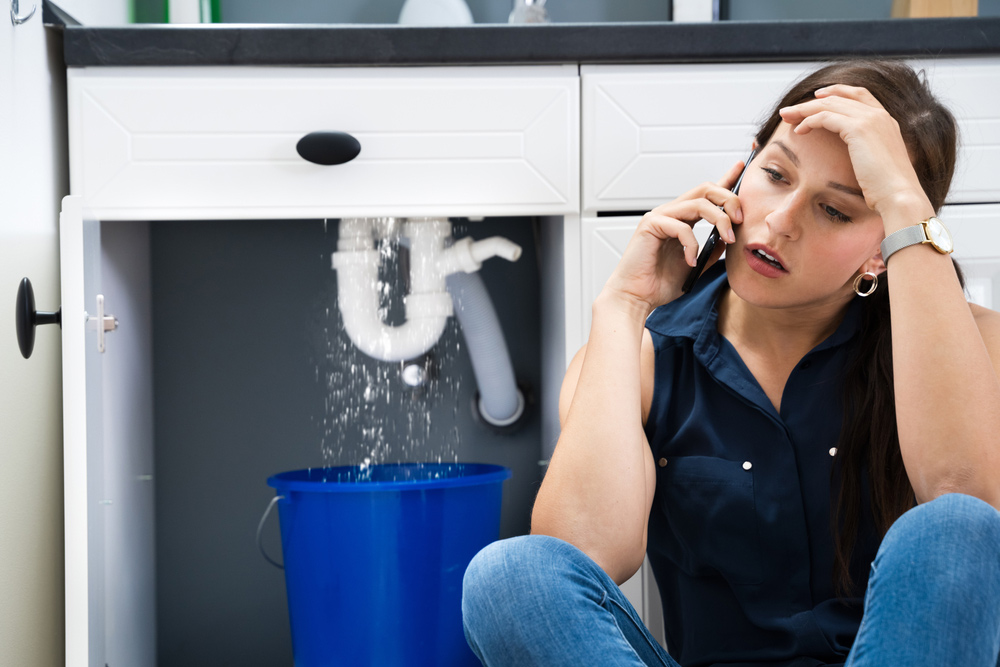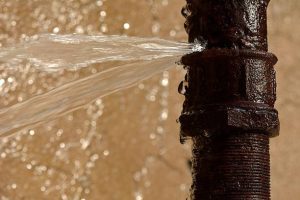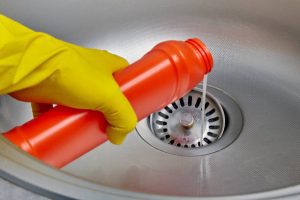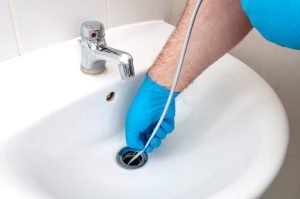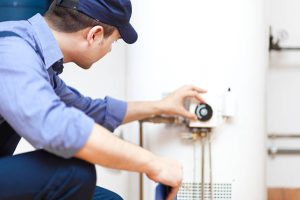Introduction: Don’t Fall for These Costly Plumbing Misconceptions
Plumbing myths often spread quickly and seem convincing. However, many of these misconceptions can lead to expensive damage over time. Homeowners who rely on outdated or inaccurate advice may end up with clogged drains, damaged pipes, and higher utility bills. This blog uncovers some of the most common plumbing myths and explains why believing them can cost you money. By understanding the facts, you can avoid unnecessary repairs and keep your plumbing system running efficiently.
Myth 1: Lemons Clean Your Garbage Disposal
Dropping lemon slices into your garbage disposal may make it smell fresh. However, this trick only covers odors temporarily. Lemons do not clean away the food debris, grease, or sludge that accumulate over time. In fact, citrus peels can dull the disposal’s blades and add to the residue. A better option is using a mix of baking soda and white vinegar. Pour baking soda down the drain, follow with vinegar, and let it fizz for 15 minutes before rinsing. This method helps break down buildup and deodorize naturally. For blade maintenance, grind ice cubes occasionally. They knock loose food particles and help sharpen the unit. Additionally, avoid overloading the disposal and run cold water before and after each use. With proper care, your garbage disposal will work more efficiently and last longer.
Myth 2: Running Water Helps Flush Grease
Many people pour grease down the drain while running hot water, believing it will flush everything away. Unfortunately, this practice leads to major plumbing issues. As the grease travels, it cools and solidifies inside the pipes. This buildup gradually narrows the pipe and can completely block it over time. These clogs can cause backups, flooding, and pipe bursts. The best way to dispose of grease is to collect it in a heat-safe container. Once it hardens, throw it in the trash. You should also wipe greasy pans with a paper towel before rinsing them in the sink. Avoid using dish soap to dissolve grease, as it only delays the clogging process. Preventive habits like these protect your pipes and help avoid costly emergency plumbing services. They also extend the life of your drainage system.
Myth 3: A Slow Leak Isn’t a Big Deal
It’s easy to ignore a dripping faucet or a small leak under the sink. However, even minor leaks waste a significant amount of water over time. A slow drip can result in hundreds of gallons lost each year. This unnecessary waste drives up your water bill and can lead to mold, mildew, and wood rot. Over time, the damp environment may also attract pests like termites and ants. Additionally, persistent moisture can weaken your home’s foundation and create long-term structural issues. Always inspect under sinks, around toilets, and behind appliances for signs of moisture. Fix any visible leaks immediately and replace worn-out washers or seals. If you’re unsure about the source, call a plumber for a professional inspection. Taking action early helps you conserve water and avoid extensive repair costs. Don’t let a small leak become a major headache.
Myth 4: Store-Bought Drain Cleaners Are Safe
Store-bought drain cleaners often contain harsh chemicals like lye and sulfuric acid. These ingredients may dissolve small clogs but cause long-term damage to pipes. Repeated use can corrode metal plumbing, weaken plastic pipes, and harm your septic system. Additionally, chemical residue poses health risks if it splashes on your skin or eyes. Instead of reaching for a bottle, try using a drain snake or plunger first. For recurring problems, consider installing drain strainers to catch hair and debris. A mixture of baking soda and vinegar can also help loosen clogs naturally. Pour the mixture down the drain and follow it with boiling water. If the issue persists, it’s best to call a plumber to assess the situation. A professional can safely clear the blockage without damaging your system. Avoiding chemical cleaners protects both your plumbing and the environment.
Conclusion: Knowledge Saves You from Costly Repairs
Believing common plumbing myths can quietly drain your finances. What seems like a shortcut or harmless habit may lead to expensive problems down the line. By understanding what actually helps—and what hurts—your plumbing system, you can take better care of it. Replace bad habits with proven practices, and call a professional when needed. In doing so, you’ll protect your home, save on repairs, and keep everything flowing smoothly.
Interested in reading about The Truth About DIY Plumbing Repairs: When to Fix It Yourself and When to Call a Pro?

